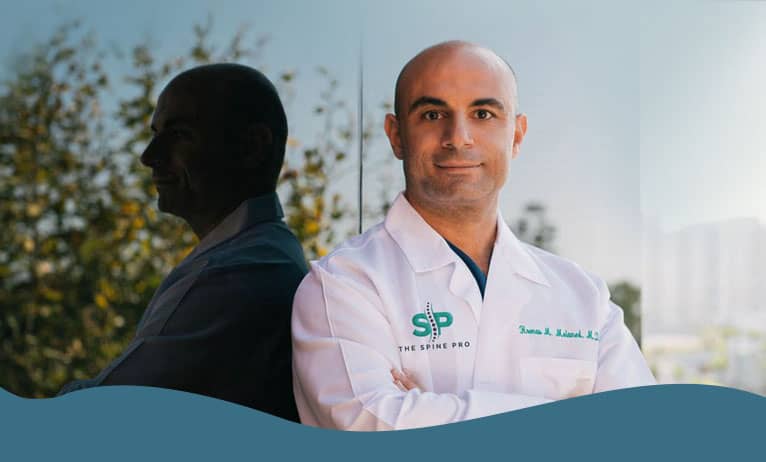10 Tips to Prepare for Back Surgery
If back surgery is determined to be the best way for you to resolve your pain and regain function, make it the smoothest event possible. Preparing for back surgery involves getting your home ready, so you can still function with relative ease, even when you’re limited during recovery. You’ll want to prepare psychologically and physically, too.
Take the following 10 steps to make your surgery and recovery as successful as possible.
-
1. Put items in easy reach
Following surgery, your movements are limited. You may not be able to bend forward or reach high. Put all items you use daily — including pots and pans, dishes, cups, snacks, books, writing instruments, phones, and remotes — within easy reach at torso height. If you’re going to need bed rest following surgery, put these items within reach near your bed, too.
-
2. Get a toilet riser
Risers sit on top of your existing toilet seat, lifting it up higher so you don’t have to bend as deeply through your hips, knees, and back to use the restroom. You’ll appreciate this assistance, especially in the first few days or weeks following surgery.
-
3. Stop smoking
The nicotine in tobacco increases the risk of complications after surgery. It can interfere with bone healing and may increase your risk of infection. In the months leading up to surgery, take steps to quit smoking or to quit using smokeless tobacco.
-
4. Invest in slip-on shoes
Bending over to tie or buckle shoes just isn’t possible after back surgery. You don’t want to rely on someone else to fasten your shoes. Get a pair or two of comfortable, supportive, slip-on shoes so dressing becomes easier.
-
5. Educate yourself about the procedures
Ask lots of questions and read up on the back surgery procedure you’re going to have. Going in knowing what to expect at each step — from anesthesia to the recovery room — and how to manage healing at home helps reduce your anxiety and minimize frustration with how your body heals.
-
6. Meal prep
Eating healthfully following surgery improves healing and just helps you feel better during recovery. Prepare several easy-to-heat-up meals for the immediate days you return from the hospital. Stock your freezer with prepped meals, too. You may not have the mobility for a lot of cooking and meal prep for several weeks.
-
7. Get a grabber
A grabber helps you when you have limited mobility following surgery. It’s a lightweight little pole with a handle that controls pinchers at the end. Use it to pick up dropped items, such as a sock or pen. It’ll also come in handy for retrieving any items you forgot to place at torso level during your pre-op home preparation.
-
8. Learn to meditate
Meditation is a powerful mind exercise that can stop negative thinking patterns, which often arise following surgery. Meditation also reduces stress, helps you stay present, and helps you overcome thinking you “should” be recovering faster. Seek out meditation apps or a studio class prior to your surgery to get tips and guidance.
-
9. Donate blood
Donating blood isn’t a requirement before surgery, but it can be a good precaution — especially if you have a rare type. You may experience some blood loss during surgery, and if you donate your own blood, it’s used for your healing and reduces the chance that you’ll face a shortage or rejection.
-
10. Review your medications and supplements
Certain medications and supplements can affect bleeding or interfere with the effects of anesthesia. Review everything you take with Dr. Melamed before surgery and wean yourself off of any medications or supplements, if necessary. Nonsteroidal anti-inflammatories (including Advil), aspirin, and the supplement St. John’s Wort are examples of substances to avoid prior to surgery.We want your back surgery to go smoothly. Implement these suggestions so you can recover quickly, efficiently, and comfortably. If you have any questions about the procedure, don’t hesitate to talk to Dr. Melamed and our staff.






